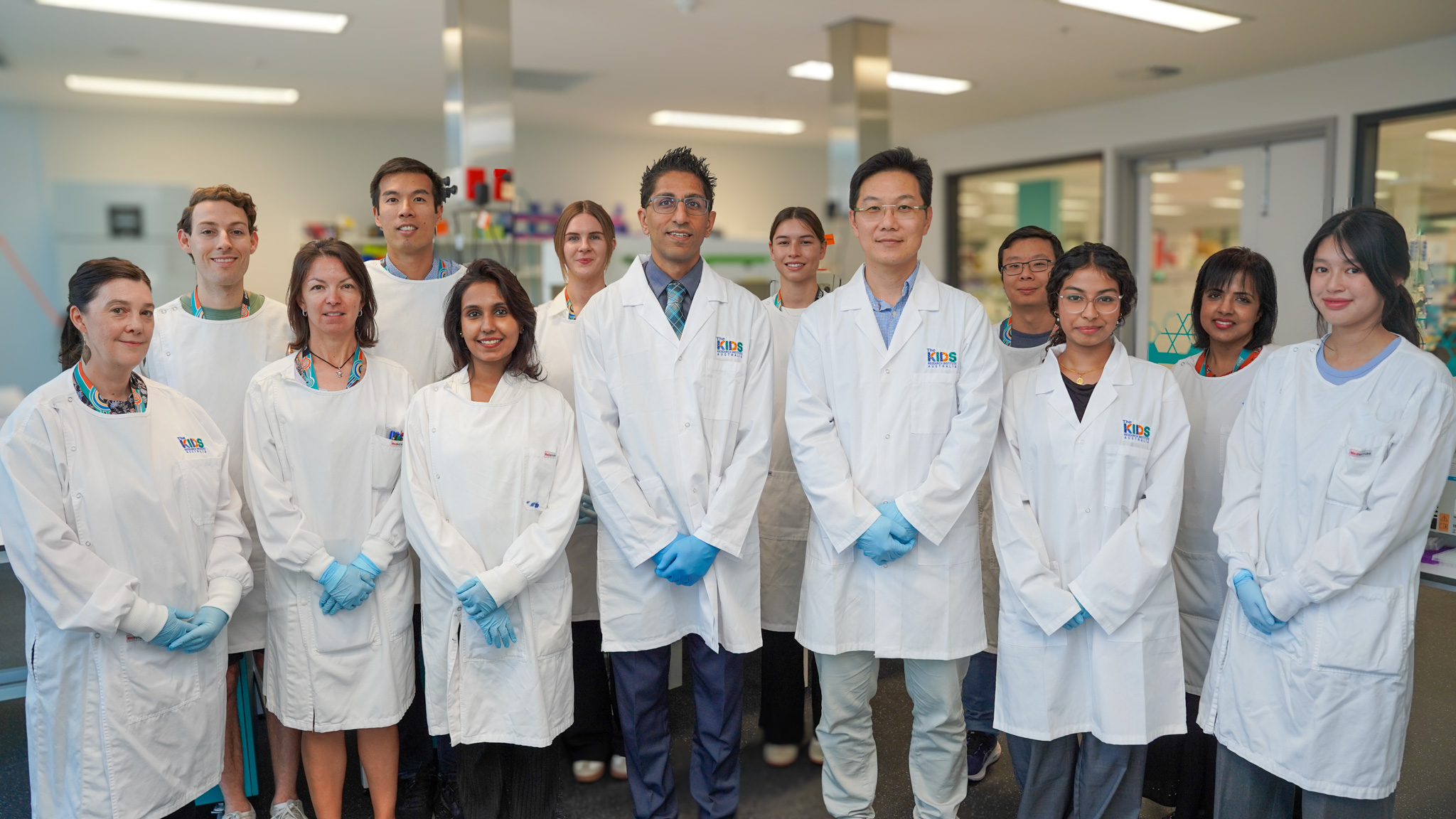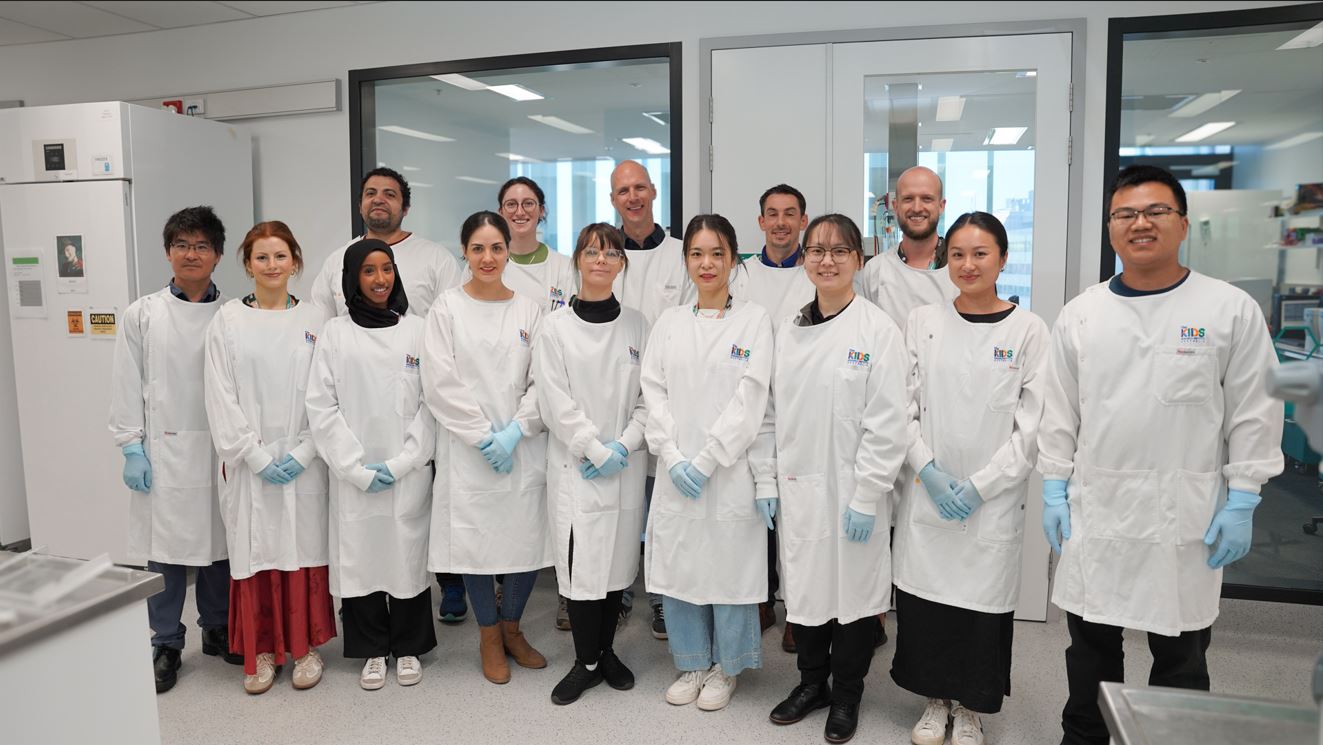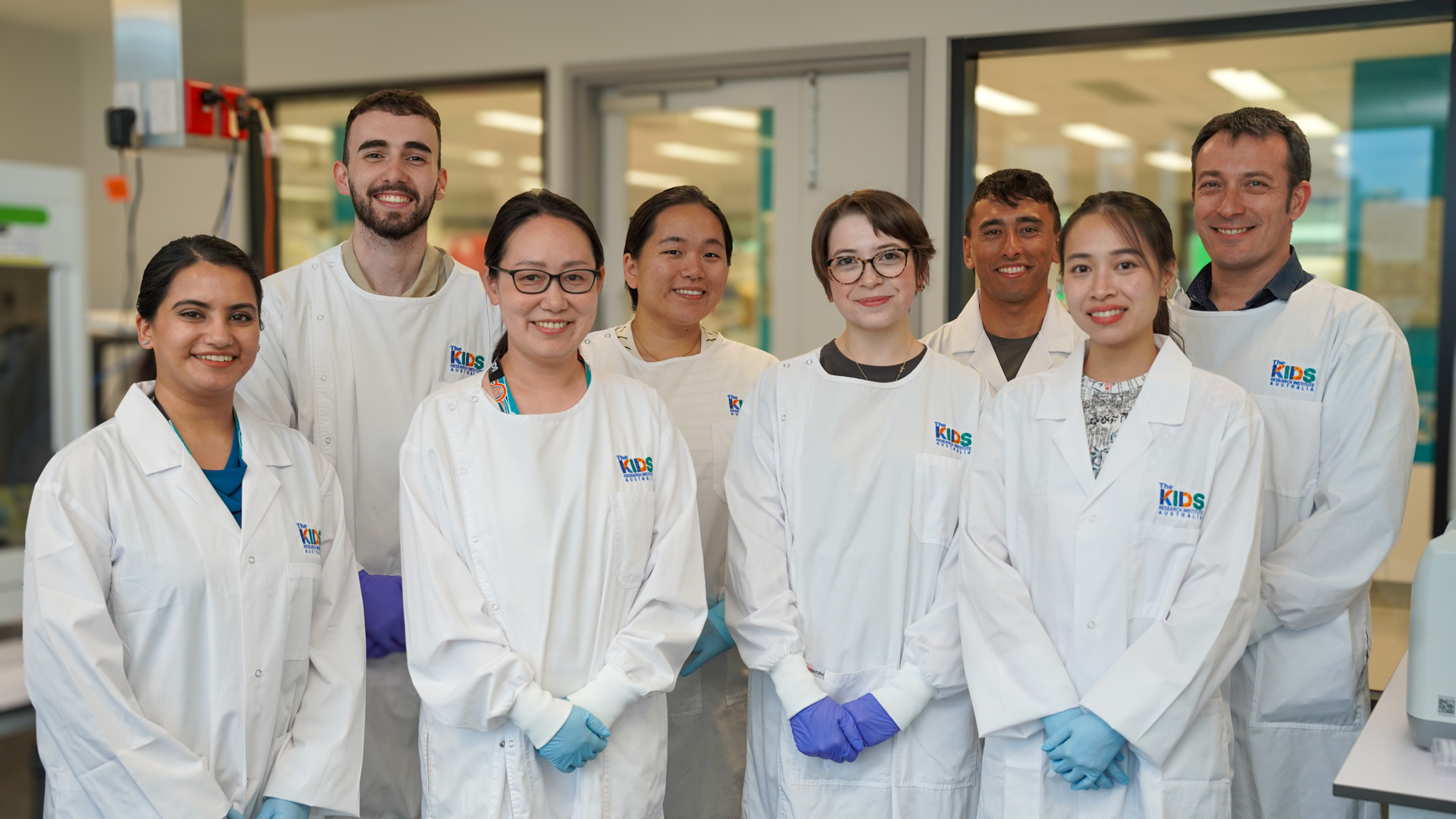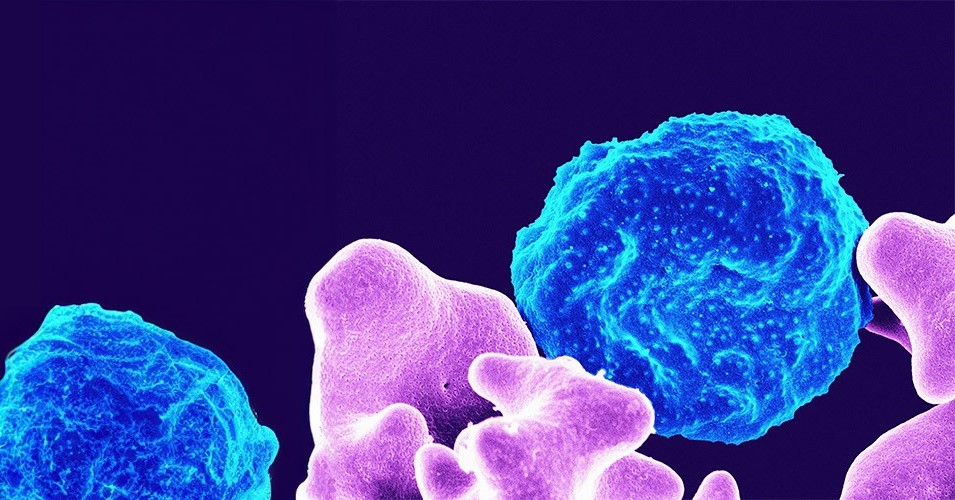Search
Research
Data for policyThe ultimate goal of this project is to enable policy-makers and researchers to work together to influence positive changes in the life trajectories of disadvantaged Australians via research driven policy initiatives.
Research
Pathways between racial discrimination and the health and wellbeing of Aboriginal and Torres Strait Islander children and young peopleThis PhD project aims to examine the associations and causal pathways between racial discrimination and the health and wellbeing of Aboriginal children and young people aged 0-17 years.
Research
Moorditj Marp (Strong Skin) Evaluation and development of culturally relevant healthy skin storybooksCo-designed and in collaboration with community members, the impacts of this project will directly benefit families by building awareness, empowering decision-making, and improving confidence around the recognition and management of skin conditions for Aboriginal children.
Research
Adolescent type 1 diabetes cardio-renal Intervention trialAn international clinical trial looking at intervention with Angiotensin Converting Enzyme Inhibitors (ACEI), Statins, or a combination of both
Research
Safety evaluation of closed loop system during hypoglyaemic stimuliThe purpose of this study is to evaluate the safety of new system called the Medtronic MinimedTM 670G that has been designed for long term outpatient use.

The main aim of our Leukaemia Translational Research Team is to test innovative therapeutic approaches, with a focus on clinical translation of this knowledge, to improve the outcomes of children suffering from leukaemia.

We aim to discover and develop safer and more effective treatments by doing inventive and rigorous research to improve outcomes for kids with cancer.

The Translational Genomics in Leukaemia team is focused on identifying the causes of leukaemia, with the goal of developing new targeted treatments to improve quality of care and long-term survival for all children with leukaemia.

The Geospatial and Tuberculosis (GeoTB) team led by Kefyalew Alene focuses on designing an innovative approach for improving the efficiency and effectiveness of public health interventions to help control and ultimately eliminate tuberculosis in high-burden countries.

The Global Disease Modelling group informs development and implementation of drugs, medical treatments and non-medical interventions to effectively tackle disease. They build mathematical models of diseases, designed to take into account the complex constellation of interactions between pathogens, humans, diseases, the environment and entire healthcare systems.
